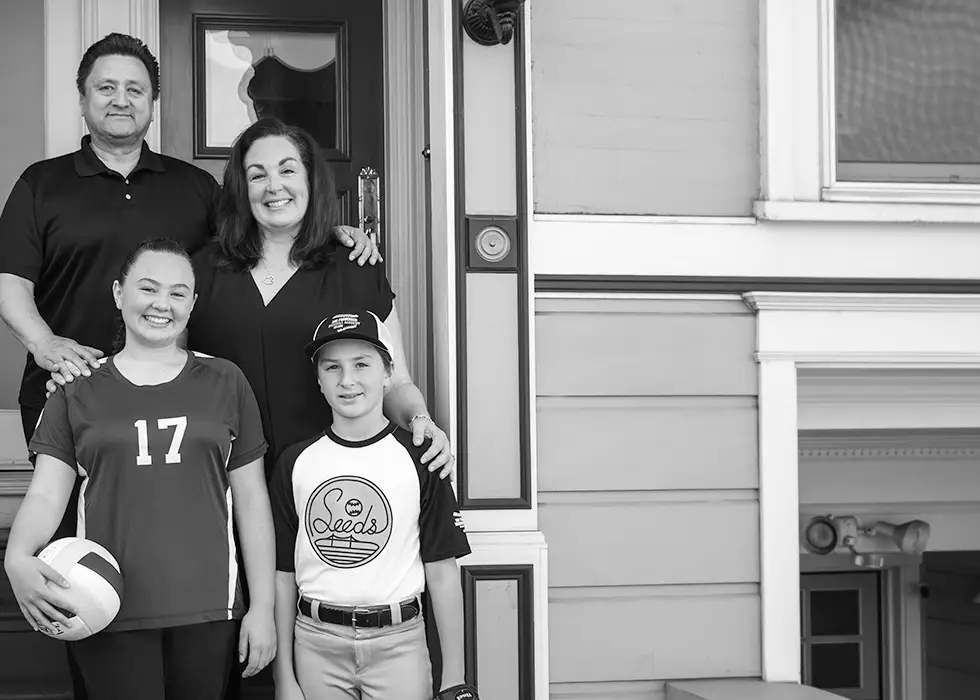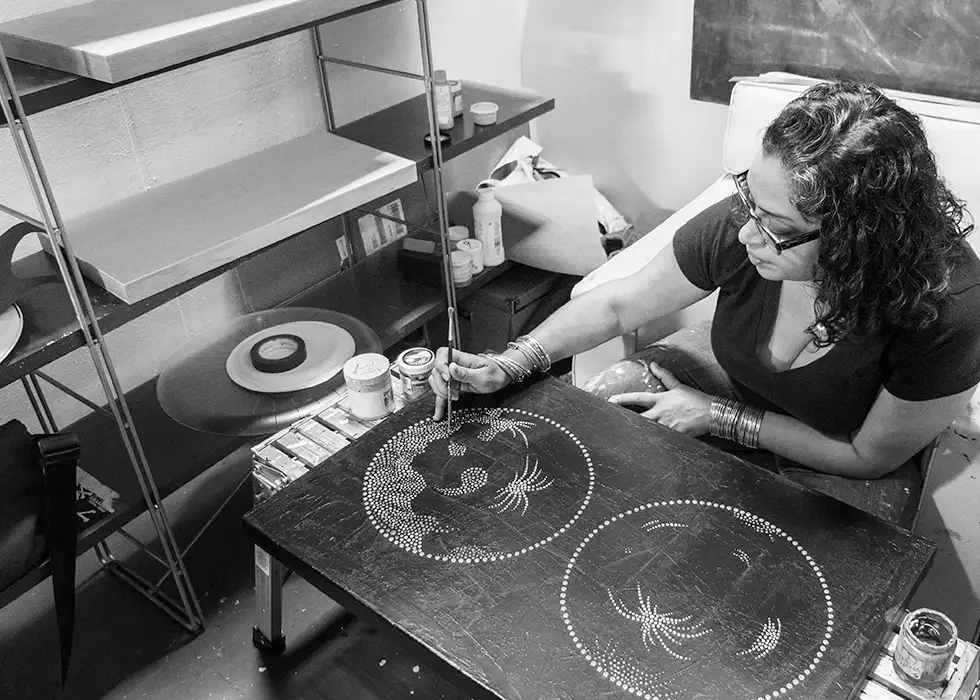How to Buy Out the Rights of a Co-Owner
The easiest way to buy out a co-owner is to set up an agreement before you purchase the home. This agreement can specify how you divide the house if one of you wants to sell or if one of you wants to buy the other owner out.
If you haven’t set up an agreement beforehand, here are some things you can do to buy out the co-owner in a way you both feel is fair.
Tips for buying out a co-owner of a house
Sit down and negotiate a sales agreement. Have an honest conversation to figure out how to handle a buyout. This could save you the time, money, and inconvenience of going to court.
Hire an appraiser so you’ll know the value of your house. You and your co-owner could choose to each hire your own appraiser and average their individual values. A third party’s unbiased opinion of the value of your house will give you a basis for your final purchase price.
Figure out the equity in the house by subtracting the mortgage balance from the appraised value. Divide the equity in half to place a dollar amount on how much you each own, assuming it’s a 50/50 split. You may need to adjust the equity proportions if one person has spent more money on the house or its upkeep.
Using these figures, you can start to negotiate a fair buy-out price with your co-owner, using their share of the equity as a starting point. If you can agree on a price, you might need to find a way to pay them off, such as taking out a personal loan. You’ll also want to officially remove them from the mortgage payments, if the two of you don’t own the house free and clear.
Get a copy of your credit report from all three bureaus. Look for any errors or corrections and see if there’s anything you need to do to increase your score. You’ll need a credit score that lenders like to qualify for a mortgage on your own or to get enough cash to buyout your co-owner’s equity.
Find a trusted lender that can provide you with a cash-out refinance. You can use this to buy out your co-owner.
Once you close on the cash-out refinance loan, those funds will pay off the old loan and give you extra money to pay off your co-owner. Your co-owner will deed their interest to you, making you the sole owner of the property.
In the worst-case-scenario event that you can’t reach an agreement, you can hire an attorney and file an “action-in-partition” lawsuit against your co-owner. The court will force the sale of the property and have a receiver handle the process. After the property sells, you’ll each get your shares of the proceeds. While you won’t own the property, you’ll hopefully get enough from the sale to buy a new one of your own.
If you have other questions about home loans or the homebuying process, check out some more articles in the Buying a Home section of our Learning Center.




